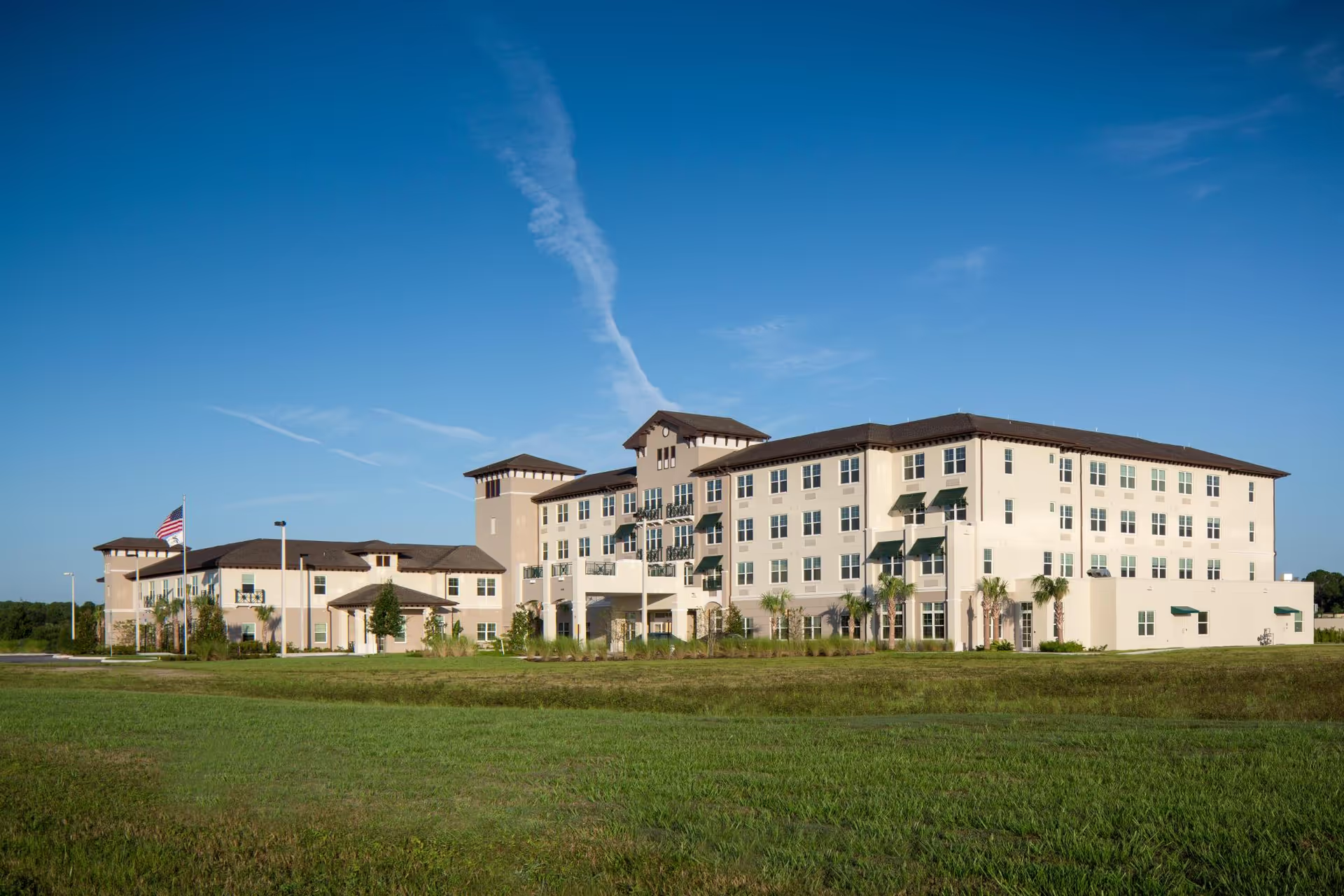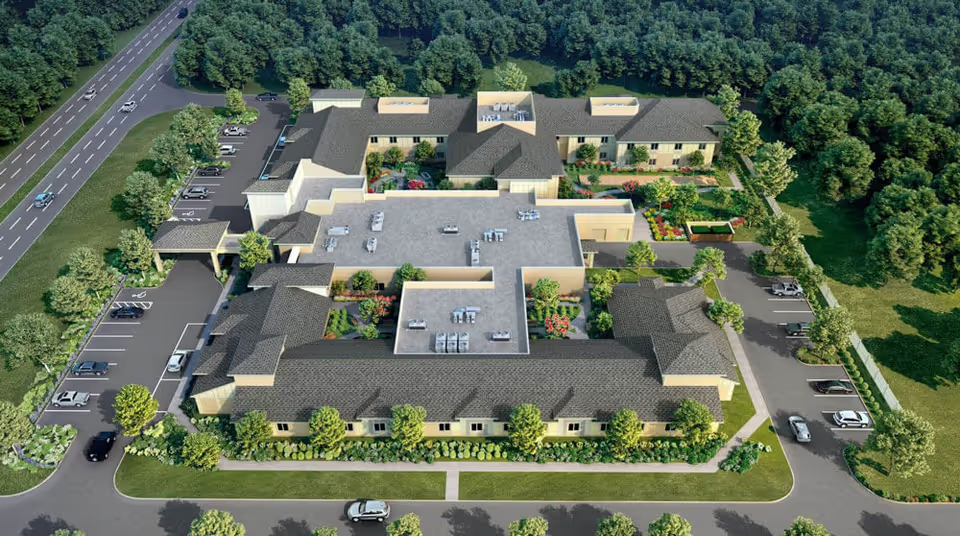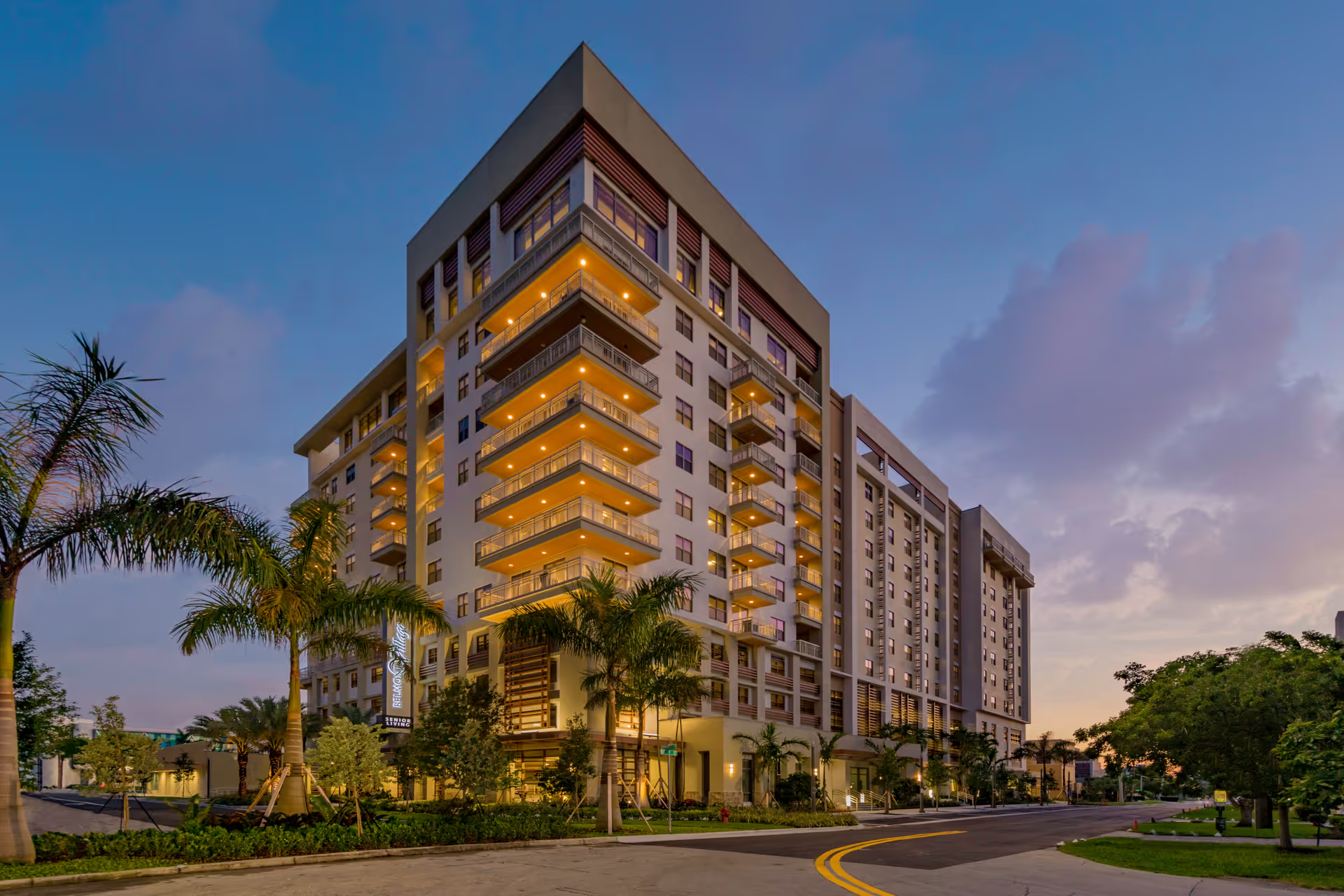Overall sentiment from the reviews is mixed-positive: reviewers repeatedly praise cleanliness, an accommodating owner, friendly staff, and an organized, well-run facility, with several people calling it the best option in Tampa. Those strengths create a baseline of trust that the facility is safe, maintained, and staffed by people who are trying to provide good care. The mid-city location is mentioned as a positive, making the facility reasonably convenient for families in the area.
Care quality and staff performance are portrayed with nuance. Multiple reviewers describe staff as friendly and helpful and note that management appears to be working hard to be accommodating. However, there are consistent concerns around staff training and clinical skill sets: reviewers specifically recommend dementia care training for staff. This indicates that while interpersonal interactions are generally positive, staff may lack specialized skills for residents with cognitive impairment or complex care needs. That gap contributes to some reviewers characterizing the overall care level as mediocre compared with other facilities.
Facility and environment impressions are similarly mixed. The property is described as clean and well-kept, but reviewers also note an institutional vibe and a desire for a more homey, residential feel. An outdated bathing area is called out explicitly, a tangible facilities shortcoming that affects resident comfort and dignity. These observations suggest that, physically, the building is maintained but cosmetically and functionally could benefit from renovations or design changes to create a warmer, more domestic environment.
Dining and activities are notable pain points. Several reviewers criticize the menu as unbalanced or unhealthy — examples cited include frequent rice and beans, high-salt meals, and sugared donuts — while at least one reviewer states the food is good, showing inconsistency in dining impressions. Activities and personal interaction are described as limited, which can negatively affect resident quality of life, particularly for those who need social stimulation or engagement. Together, these comments point to a programmatic weakness: daily life offerings (meals and activities) are areas where expectations are not being uniformly met.
Management and responsiveness are perceived positively: the owner’s effort to be accommodating is highlighted multiple times, and the operation is called well-run by some reviewers. Still, the combination of an institutional atmosphere, inconsistent dining quality, limited activities, and the need for specialized dementia training creates a pattern where the facility is competent and conscientious but not consistently competitive with higher-tier residential or memory-care communities. Finally, a practical issue mentioned is occasional unavailability of beds, which can be a problem for families seeking immediate placement.
In sum, Golden Age ALF of Tampa Bay appears to be a clean, centrally located, and well-managed facility with friendly staff and an owner committed to improvement. Key areas for attention based on reviews are updating bathing facilities, enhancing and diversifying the dining program, expanding activities and personal interaction opportunities, and investing in dementia-specific staff training. Addressing those targeted issues would likely raise the facility’s perceived level of care from competent and well-intentioned to more consistently high-quality and residentially comfortable.







